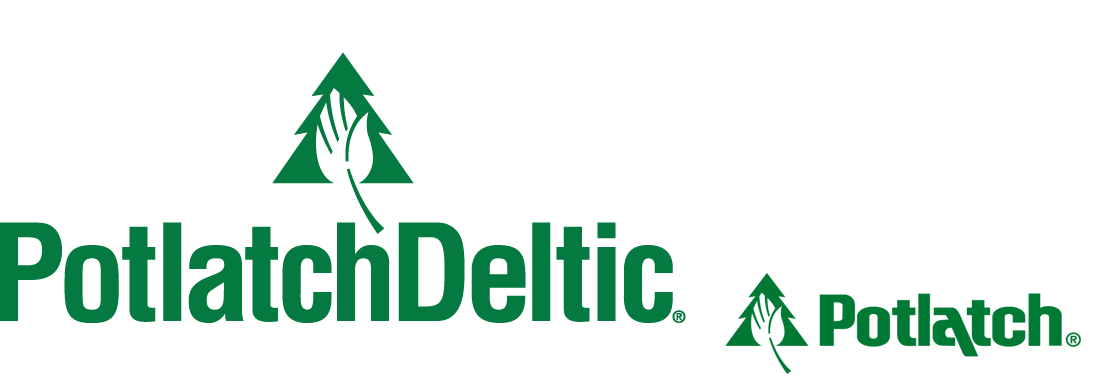
Corporate Responsibility Reports and Data
Committed to Corporate Responsibility
PotlatchDeltic is committed to report our corporate responsibility performance annually informed by and referencing frameworks such as the Sustainability Accounting Standards Board (SASB), Task Force on Climate-related Financial Disclosures (TCFD), and Global Reporting Initiatives (GRI).


Anna Torma
Vice President, Public Affairs and Chief Sustainability Officer
PotlatchDeltic
OUR CORPORATE RESPONSIBILITY REPORTING STRATEGY
What were PotlatchDeltic’s key corporate responsibility successes during 2024?
Our corporate responsibility initiatives and goals in 2024 were linked to our mission and values across four pillars: Forests, Planet, People, and Performance. Short-term incentive compensation incorporated several of the goals to support alignment across the organization. We also continued to report through CDP disclosures on Forests, Climate, and Water. Our employee climate teams continued to implement initiatives to meet greenhouse gas reduction commitments and evaluate net-zero alternatives. We also worked towards mapping our supply chain and assessing human rights risks.
What are currently the biggest corporate responsibility challenges you face?
We believe it is important to have transparent reporting that accurately reflects our carbon flows. Accurate assessments serve as the basis for our greenhouse gas reduction initiatives and allow forests to participate in markets that can make real contributions to solving climate change. We remain concerned with the direction of current land sector carbon accounting initiatives, and it is unclear whether protocols currently being drafted for the land sector can provide a reasonable outcome. We continue to work with our global peers on a science-based approach to land sector carbon accounting.
We also remain focused on the challenge of building trust by communicating and interacting with our stakeholders to increase awareness of the approaches and benefits of working forests. We manage our forests on a sustainable basis while protecting water quality, biodiversity, and wildlife. We also contribute to sustainable development by providing jobs, training, and benefits, and by helping to support the communities where we operate. At the same time, working forests are part of the solution to climate change. We believe that through effective communication, our stakeholders will better understand the work we do and will trust our motivation to continue to be stewards of the forests.
What can we expect next for PotlatchDeltic in corporate responsibility?
Pursuing natural climate solution opportunities remains a key focus for PotlatchDeltic. These opportunities include working with solar developers to lease our land for the development of solar power generation facilities, developing high-quality carbon offset projects, and assessing carbon capture and storage opportunities. In addition, we plan to increase our engagement with our supply chain on human rights risks, sustainability, responsible sourcing, and greenhouse gas reduction initiatives. We will be reporting through CDP disclosures again this year and working towards expanding reporting under the Task Force for Nature-related Financial Disclosures (TNFD).
How are you advancing the role of sustainably managed working forests in decarbonization and the bio-circular economy?
Forests have a significant opportunity to participate in natural climate solutions markets, playing a key role in net-zero strategies and in products that have a lower embodied carbon footprint. Building with wood and mass timber stores carbon for the long-term, while emerging products like biofuels and bioplastics could offer solutions towards a bio-based circular economy. Biopower with carbon capture and storage can provide carbon-negative electricity. These developments could drive significant change in our markets, reduce our planet’s reliance on fossil fuels, and further support rural jobs and communities, all while we maintain our commitment to sustainable forest management practices. We are actively pursuing these opportunities and are supporting scientific research organizations to advance the roles that forests, biomass, and wood products can play in climate solutions. In addition, we work with our industry associations to promote regulations and policies that translate science into credible frameworks for sustainable development.











